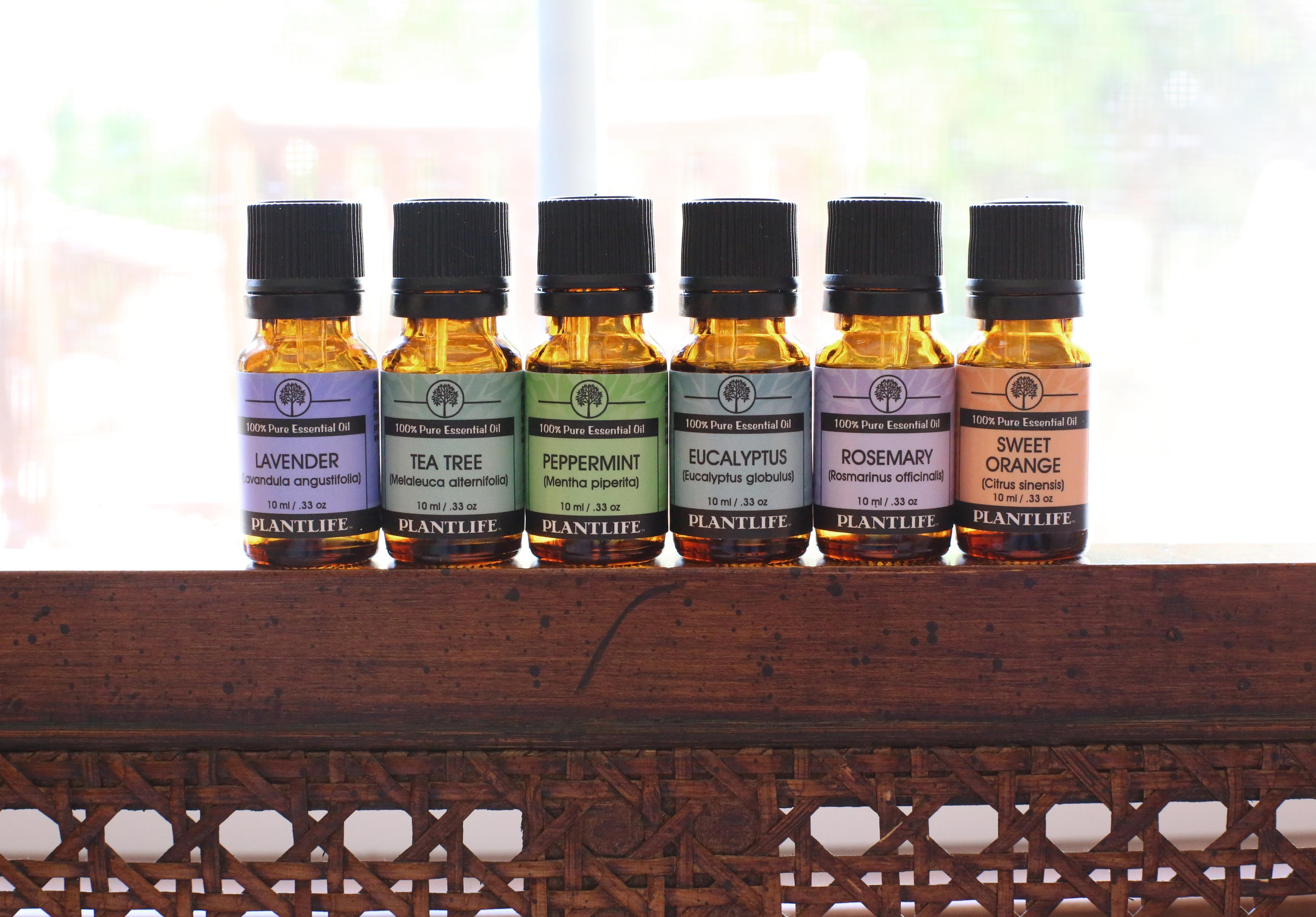Essential oils are a fun and great way to replace chemical-filled products. You can get creative with blends, make your own projects, and come up with amazing uses! However, there are many common mistakes that people make with essential oils. Whether you're a seasoned pro or new to the world of essential oils, here's a list of some common mistakes that can happen to anyone.
1) Always dilute before applying topically
Essential oils are concentrated plant essences and can cause damage like burns when applied “neat” or undiluted. Always dilute an oil before applying topically with a carrier oil. Do not use water to dilute as oil and water do not mix and will not combine which may lead to accidentally applying undiluted essential oil.
2) Do a patch test before applying topically
Everyone has different sensitivities and their skin might react differently than someone else's. Before applying any diluted oil topically, do a patch test to test for irritations or allergies. To do this, apply the diluted oil to the inside of your arm, near the elbow. Wait 24 hours for any reactions. If nothing happens, it should be good to use, but if a reaction occurs, do not use. Don't forget that those of you with sensitive skin should avoid “hot” oils like black pepper, cinnamon, cassia, and many other warming or spice oils.
3) Know what you are buying
Just like with food, it is important to read the label! Always check for the latin name on the oil that you buying. If the label does not have a latin name, it may be a synthetic or fake oil. Some oils are also sold diluted, so if you are looking for a pure oil, check for ingredients and make sure that it is not already diluted. Also, do not buy oils packaged in plastic as undiluted, pure essential oils cannot be stored in plastic bottles.
4) Store essential oils correctly
Essential oils should be stored correctly to prevent them from going bad or oxidizing. Remember to keep essential oils out of direct sunlight and store in moderate temperatures. High heat or extreme cold can damage the oil. The best places to keep essential oils are in the closet, drawer, or cabinet. You can also organize them in storage containers like these wooden boxes. Keep the cap on tight when not in use so that air does affect the oil.
5) Handle essential oils with care!
Always keep essential oils out of the reach of children and pets as the oil could harm them! Although the dropper on our bottles helps prevent spills, keep the cap on when not in use to prevent any accidental spills.
6) Do not ingest essential oils
We recommend that you do not ingest essential oils. Essential oils can be harmful if used improperly! It is only okay to ingest if you are working directly with a licensed medical professional or aromatherapist. The FDA does have a list of essential oils that are safe for consumption. However, these oils are safe to use in food and many companies that use oils in food measure in parts per million and are heavily diluted in large batches.
7) Know what you are using!
Always know what you are applying on your skin. Do your research to figure out what oils can be applied topically and which oils should only be used in a diffuser. Like we mentioned earlier, some essential oils, like cinnamon, are just too much for people with sensitive skin. Other oils, like Bergamot, can cause photo sensitivity, meaning they cause a reaction with sunlight and may lead to burns. This isn't mean to scare you away from using some oils but to just make sure that you know how to properly use each oil and have done thorough research on each one.
8) Don't forget to clean your diffuser!
Keeping your diffuser clean can prolong its lifetime. Essential oil can clog it over time, leading to damaging the unit. Cleaning your diffuser can also prevent unexpected mixing of oils when using as well.
9) Don't keep DIY projects too long
Don't forget when you make DIY projects, that you are making natural products. Depending on what you are making, you may need to seek out a natural preservative as many oils are not preservatives. Most DIY serums or other skin or body care can only be kept up to a week at most, so make small batches to prevent weird odors, bacteria, or other problems from happening.
10) Careful around pets!
Animals can be sensitive to essential oils too. While dogs can handle many types of essential oils, cats are extremely sensitive and cannot tolerate a majority of oils, especially citrus oils. Birds are also very sensitive and require much less oil than other pets. When using essential oils for animals, dilute more heavily than normal. Start with small amounts of oil as well and observe for negative changes in behavior like lethargy. If using topically on dogs, avoid the face, eyes, nose, and sensitive parts. Using oils on animals depends very much on what animal it is, so do research for your specific pet.

